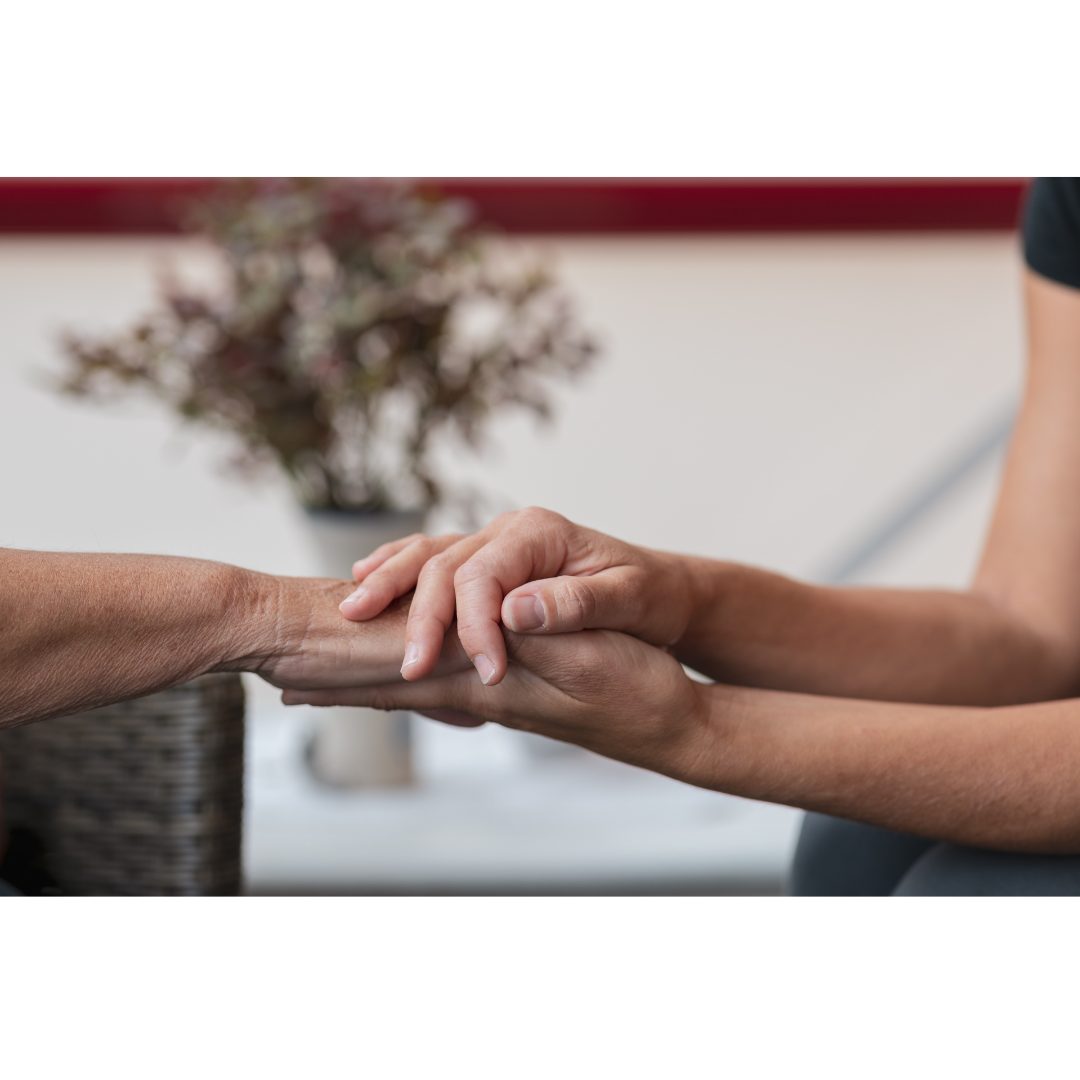Death is a subject often swept under the rug, treated as an uncomfortable reality rather than an inevitable part of life. Yet, in my work as a nurse in the NHS and now as a complementary therapist, I’ve witnessed firsthand the importance of embracing and understanding this transition. To be with a person, human or animal, at the end of their journey is a deeply profound experience, filled with empathy, compassion, and the desire to bring comfort.
The Role of Compassion in the Intensive Care Unit
During my years as a nurse in the NHS, much of my work centered around providing care for critically ill patients in the Intensive Care Unit (ICU). ICU is an environment brimming with urgency, and patients who come through those doors are often in critical condition. While the medical teams do everything possible to support recovery, some patients, despite the best care, do not survive. It was during these moments that I found my role expanding beyond the clinical to a much deeper, more personal level.
For me, caring for dying patients meant not only alleviating their physical suffering but also maintaining their dignity. I took pride in ensuring that every patient received compassionate, respectful care up until their final breath. However, my responsibility didn’t stop with the patient. I was also there to support the families and loved ones who gathered by the bedside, doing my utmost to prepare them for the loss of their loved one.
Hospitals are rarely peaceful settings, with constant noises and bustling activity, making it difficult for families to have a quiet moment with their loved ones. My focus, therefore, was on providing as much calm as possible, allowing relatives to feel present and connected with the person they were about to lose. Families often thanked me for the comfort they received during such a devastating experience, and while nothing could remove their pain, the small gestures of care and empathy went a long way in creating a more supportive space for them.
Continuing My Journey in Compassionate Care
Today, I’m grateful that my role as a complementary therapist allows me to continue supporting people and animals in their final stages of life. It’s a privilege to help them experience peace and relaxation, not as a cure or to halt the inevitable but to bring comfort during a challenging time. In these moments, I’m reminded that a gentle touch, a soothing word, and a compassionate presence can have a profound impact, creating memories that loved ones will carry with them long after.
I work closely with my clients—whether they are lying in bed, seated in a cozy armchair, or wherever they feel most comfortable—offering treatments designed to ease tension and promote a sense of calm. In a way, it’s a continuation of my time in the ICU, where comfort and dignity were paramount. While my treatments cannot alter the path of life, they can provide precious moments of relief and even joy.
It’s not uncommon for clients to smile or even share a laugh during or after a session, a testament to the human spirit’s resilience. These moments brighten my day as much as they do theirs, and they often leave their loved ones with a more comforting memory of their final moments together.
Dignity and Compassion: Basic Rights for Us All
As a society, we may be inclined to avoid discussions about death, but that doesn’t diminish the significance of the end-of-life experience. I believe that a dignified death, surrounded by compassion and respect, is a fundamental right for everyone. While loss will always bring heartache, the way we approach and support those final moments can make an enormous difference.
In my practice, I honor the belief that dignity and peace should guide every step of the journey. It is my hope that by providing care and empathy, I can help both clients and their loved ones feel a bit more prepared, a bit more at ease, and perhaps even a bit more connected.
Supporting people and animals in these times has taught me invaluable lessons about empathy, resilience, and the beauty of life—even as it draws to a close. My mission is to be a compassionate guide during this challenging phase, helping those in their final stages feel seen, valued, and, above all, loved. Through these acts, I find meaning in every session and in every smile shared.

